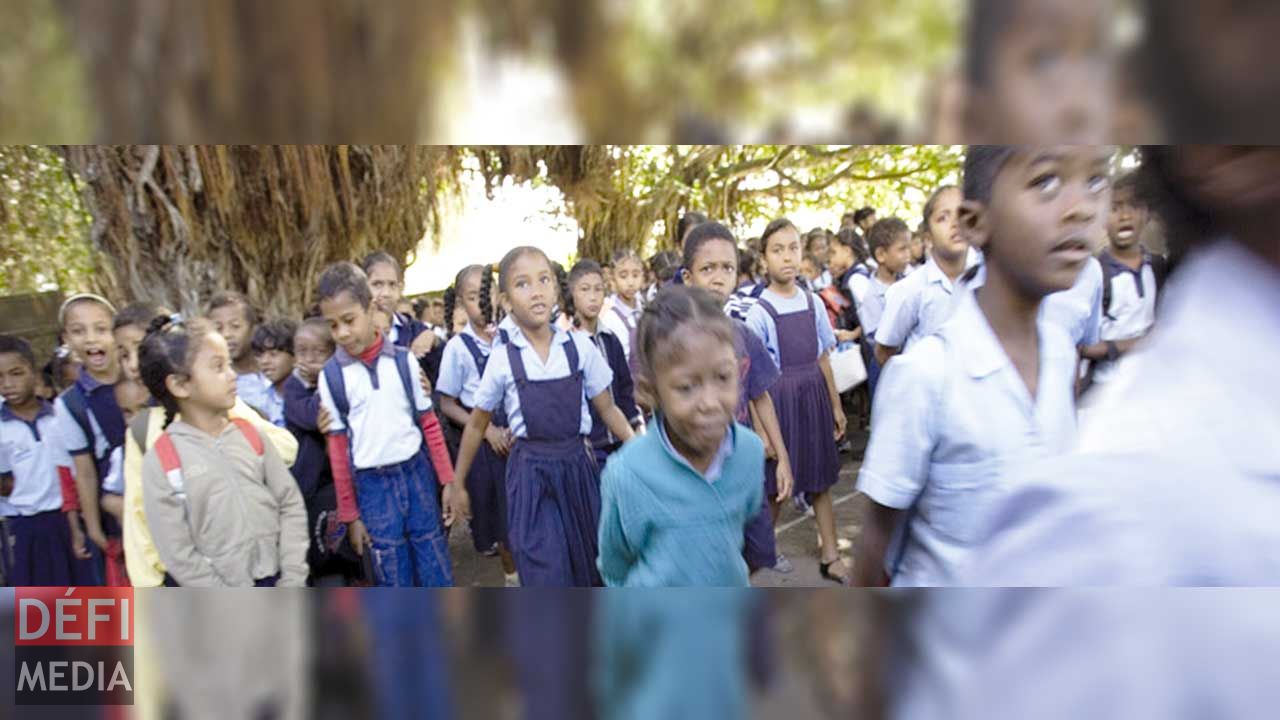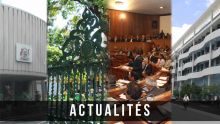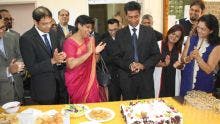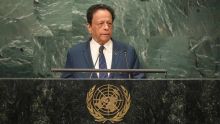
The new education system has been implemented since the beginning of this year. Even though the Ministry of Education has been laying much emphasis on the smooth execution of the new education plan, delays and incomprehension are still noted at the end of this first academic semester.
Publicité
As the first school term is ending this Friday, the three months of implementation of the new education system, the Nine-Year Continuous Basic Education is also closing. How far has been the reform successful in our schools and how are teachers, head of schools and parents coping? Introduced in 2015, the Nine-Year Continuous Basic Education is still raising many questions and is subject to incomprehension among many stakeholders of our education system.
In fact, school masters, parents and teachers’ associations, unionists among others are deploring the lack of information and dialogue from the concerned authorities. “There are parts of the reform which are still unclear for us,” says a parent. However, as for the Ministry, it is said that support and communication are given much importance. The Deputy Permanent Secretary at the Ministry of Education, Zeeenat Gunness-Goolbar explains that various training programs are given. “The first information centre for parent is the school and we expect headmasters to play their role. On our part, communication is done at various levels. There have been several workshops with stakeholders,” she explains.
Moreover, the Ministry has distributed leaflets to parents and aims to pursue its information and communication campaign in the months to come. The Ministry of Education also emphasized that it is open to dialogue with all stakeholders.
One of the major changes of this reform is that the Certificate of Primary Education (CPE) will be replaced by the Primary School Achievement Certificate (PSAC). This new primary examination for Grade 6 students is bringing along changes in the exam papers. However, the new Specimen Papers for the PSAC, which were due to be available in school since the beginning of the year, has only been obtained in the past week.
Primary school teachers have thus complained about the major delays for obtaining the specimen papers to prepare the questionnaires for the first term exams. According to authorised sources, the delay is because the content prepared by the Mauritius Examinations Syndicate (MES) was not in line with the level imposed by the Ministry of Education.
Teachers were thus obliged to rely on the CPE Questionnaire of 2016 to prepare the test papers for the first term examination. Maths specimen papers were received last Thursday whereas the Science specimen papers were only received this Tuesday April 4th. Teachers are also complaining that due to this delay, preparation of students to sit for the first PSAC exams schedule for August has also suffered. Grade 6 teachers thus have double pressure to complete certain chapters during the second term and prepare children for the exams at the same time. It is however planned by the Minister to organise workshops for teachers during the second week of April regarding the new test paper models.
For the Deputy Permanent Secretary at the Ministry of Education, Zeeenat Gunness-Goolbar there is no need to be worried. She underlines that teacher are following training programmes of the National Curriculum Framework 2015 and that they already know about the content of the education programme which was handed to them at the end of January. Zeeenat Gunness-Goolbar utters that “there should be a change in mentality. The specimen papers have been prepared for a long time by the Grade 5 and Grade 6 teachers. There have been many workshops at the level of the Mauritius Examination Syndicate (MES).”
At the Pre-Primary level, a Development Learner Profile (DLP) was developed in order to help teachers and allow children to have a smooth transition between the pre-primary and primary. This new document brought by the reform was also criticized for the its late distribution in pre-primary schools. The President of the Board of the Early Childhood Care and Education Authority, Fawzia Toorawa underlines that some are still being distributed.

Notre service WhatsApp. Vous êtes témoins d`un événement d`actualité ou d`une scène insolite? Envoyez-nous vos photos ou vidéos sur le 5 259 82 00 !
























